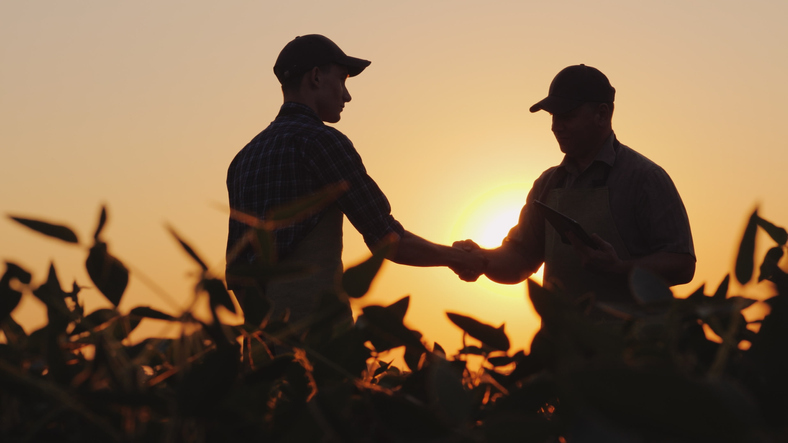As the number of people on our planet balloons, new technology must be developed in order to feed this growing population. This will require dramatic shifts in the way that we do agriculture and radical new technologies. The question is what tools will be the most useful, and where will they come from.
The free market can assist with this daunting task through soliciting innovation and collaboration. One company alone may not be able to develop the necessary capabilities to handle this crisis, but as Liam Condon, President of Bayer AG’s Crop Science Division indicates, they may not have to. Collaboration between companies enables each of them to specialize in what they do best and create something incredible. This is a unique feature of the free market, and companies should embrace spontaneous partnerships to address the larger problems that face humanity. The most basic needs, such as food, will be needed on a larger and larger scale, but innovation between market enterprises allows developments like more efficient crop production with larger yields.
“While Bayer invests heavily in our own research and development, we understand that to unlock innovation, we must look beyond our walls. Open innovation promotes the value of collective knowledge above that of any single entity. Bayer has become the partner of choice for tackling some of agriculture’s biggest challenges by aligning our leading capabilities with start-ups, established companies and academic researchers who can enable great ideas and emerging technologies to reach their full potential.
For example, Bayer collaborated with Temasek to form Unfold, a company focused on developing vegetable seeds for vertical farming with optimized quality, efficiency and sustainability. A single vertical farm can grow four hectares—or roughly five Olympic-size swimming pools—worth of food on less than half a hectare of land, making it ideal for urban areas and helping preserve more space for biodiversity.
…
We must transform as an industry to keep up with an ever-changing world, and that requires creativity, perseverance and strong partnerships. The future of agriculture and our food system will be defined by innovation and our ability to partner—with farmers, with consumers and across the entire food chain—because we cannot solve the challenges we face alone.
With transformational innovation, new business models and a strong focus on sustainability, we can make it happen: feeding the world without starving the planet.”










